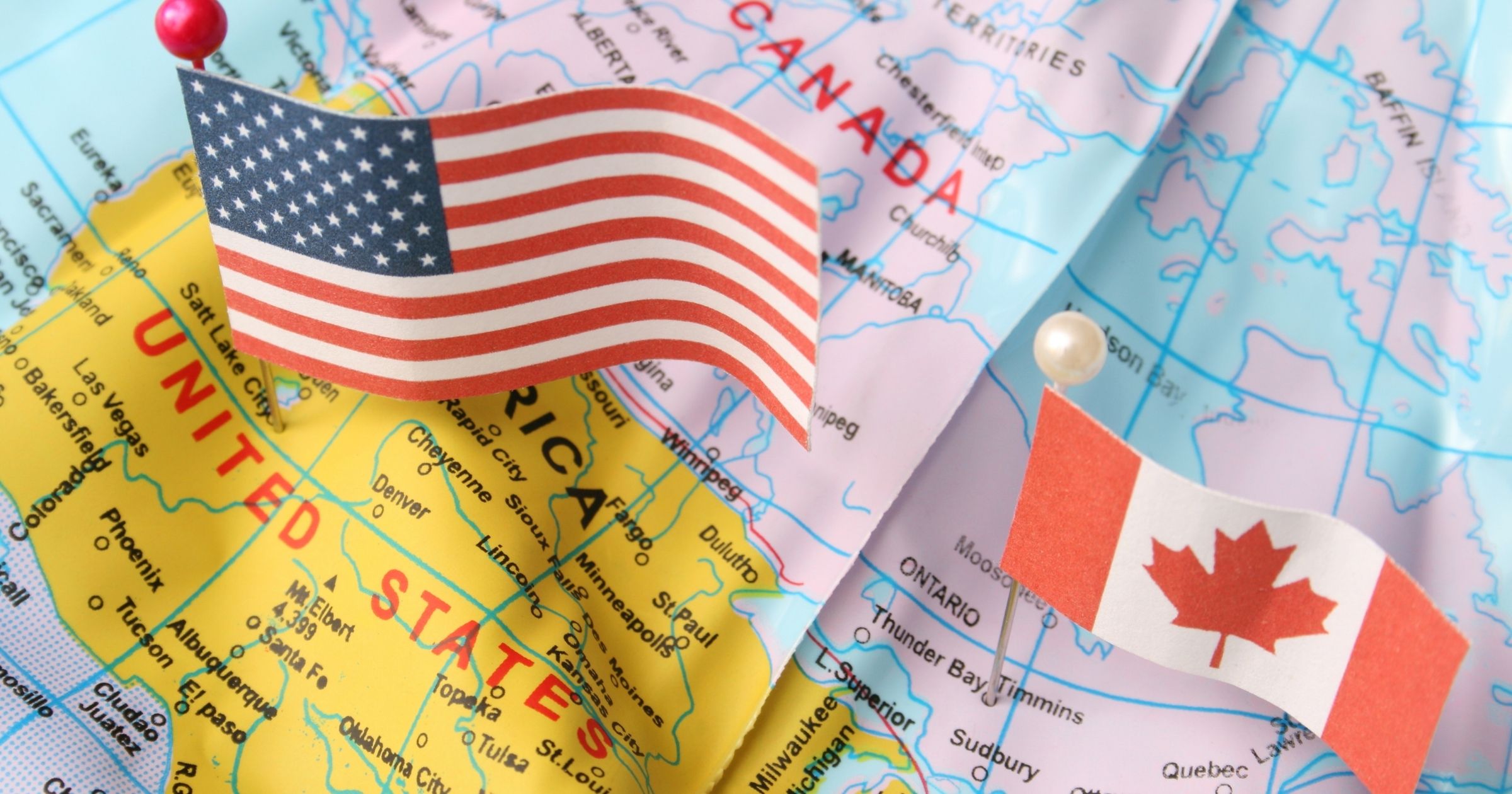Holiday Travel Is Zooming Onward: Airport Travel Tips
According to the latest Longwoods International tracking study of American travelers (Wave 67), 70% of American travelers plan to visit friends and family on their holiday trips (60% plan to spend some of their trip shopping and 47% plan to enjoy holiday lighting displays). The study also found that interest in visiting museums, galleries and other cultural institutions during holiday trips increased from 21% of travelers last year to 27% in 2022.
With a busy holiday travel season upon us (much like the ones we've been used to pre-pandemic), there's plenty to plan for as groups take off for their trips. When it comes to flying, TSA is prepared for the influx in travelers and offered top tips to keep in mind before arriving at the airport:
1. Pack smart. Prepare for security when packing for your trip and be aware of what can go in carry-on or checked bags—ensure there are no prohibited items. Certain foods, such as gravy, cranberry sauce, wine, jam and preserves, must be packed in a checked bag because they are considered liquids. If you can spill it, spray it, spread it, pump it or pour it, then it is a liquid and must be packed in a checked bag. As always, passengers may bring solid foods such as cakes and other baked goods through the TSA checkpoint.
2. Do not bring firearms or other weapons to the checkpoint. Though it should be obvious, TSA reminds passengers that packing firearms in carry-on luggage is prohibited. However, they are permitted to travel with firearms in checked baggage, as long as they are properly packaged and declared at the airline ticket counter. Firearms must be unloaded and packed in a hard-sided locked case. Ammunition must be in its original container and locked in the hard-sided case. The TSA website provides more information about the proper way to travel with a firearm.
3. Bring an acceptable ID. Before heading to the airport, travelers should make sure they have acceptable identification. At many airport checkpoints, the TSO may ask you to insert your physical ID into one of their new Credential Authentication Technology units. Residents of Arizona, Colorado and Maryland may even use their Apple mobile device to store their ID in Apple Wallet and use their mobile device at participating airports.
4. Be a Trusted Traveler. The TSA PreCheck® program offers expedited security screening at the airport, connecting low-risk passengers with a more efficient air travel experience. Recently, the enrollment fee dropped from $85 to $78 for a five-year membership. Online renewals cost just $70. TSA PreCheck members keep their shoes, belts and light jackets on and their laptops and liquids in their carry-on bags. Program member benefits include less physical contact, fewer items on the conveyor belt, and faster screening. Many new enrollees receive a known traveler number within three to five days.
5. Request passenger support. Travelers or families of passengers with disabilities and/or medical conditions may call the TSA Cares helpline toll free (855-787-2227) at least 72 hours prior to travel with any questions about screening procedures and to find out what to expect at the security checkpoint. TSA Cares also arranges assistance at the checkpoint for travelers with specific needs.
6. Ask TSA. Get your questions answered before you head to the airport. Travelers can get assistance in real time by submitting their questions and comments to @AskTSA on Twitter or Facebook Messenger. An automated virtual assistant is available 24/7 while staff is available from 8 a.m. to 6 p.m. EST daily, including holidays and weekends. Travelers may also reach the TSA Contact Center at 866-289-9673. Staff is available from 8 a.m. to 11 p.m. on weekdays and 9 a.m. to 8 p.m. on weekends/holidays; and an automated service is available 24/7.
7. See Something. Say Something™. Public awareness remains a key element in transportation security. Vigilant travelers who report suspicious activity help keep people and goods moving through the nation's transportation network. For additional information, please visit the DHS website.
8. Practice good cybersecurity habits. Effective cybersecurity habits are not limited to the home or office. Those who are traveling—whether domestically or internationally—should continue to practice safe online behaviors. Take proactive steps to secure internet-enabled devices. Practice the concept of "stop, think and connect" prior to connecting to any public wireless hotspot, such as those at airports, hotels and cafés. For more cybersecurity tips, visit cisa.gov.
9. Show gratitude to frontline workers. Thank a TSO, a flight attendant or someone who serves at the frontline of transportation. TSOs complete about 200 hours of training to become certified and are committed to transportation security while ensuring all travelers are treated with respect and courtesy. Pack an extra dose of patience, especially during higher passenger volume travel days, and show gratitude to those who are working diligently to get everyone to their destinations safely.
Written by Sarah Suydam, Managing Editor for Groups Today.



